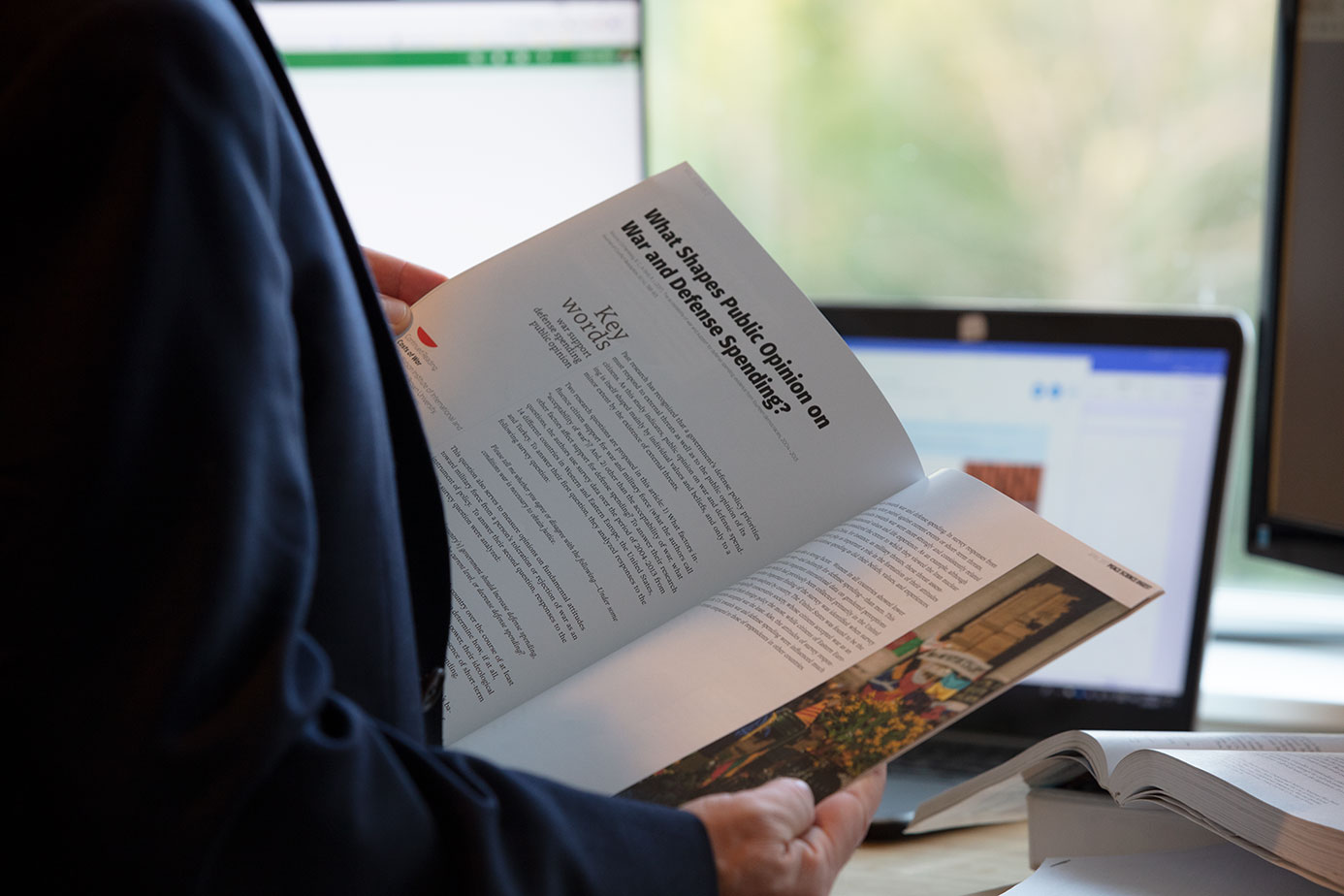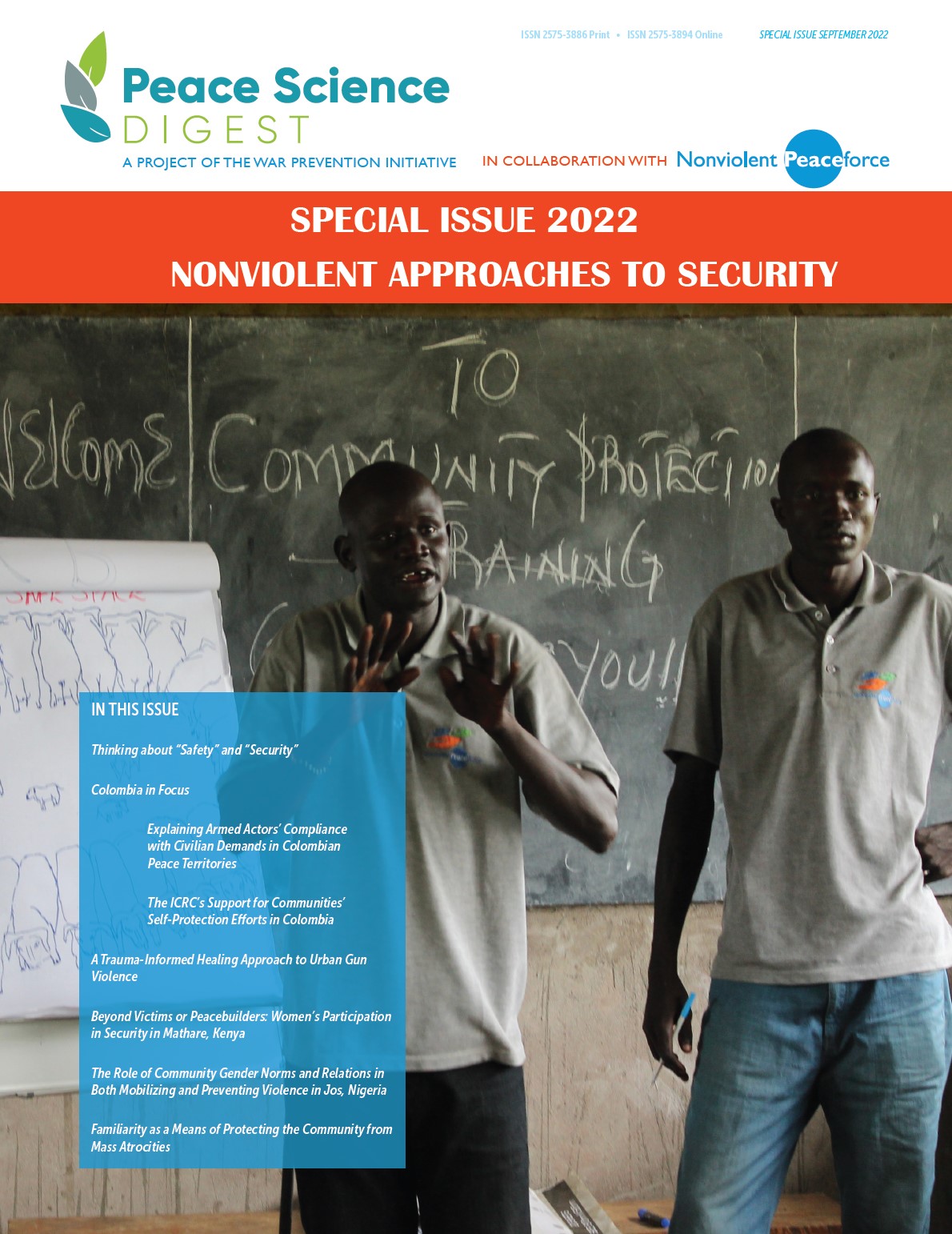
Special Issue: Nonviolent Approaches to Security
Click here to download the PDF version of the Special Issue Dear Readers, We are pleased to present our special issue on nonviolent approaches to security in collaboration with Nonviolent Peaceforce. This issue focuses on nonviolent, civilian-led strategies for protection and violence prevention in various violent contexts, ranging from civil … Read more
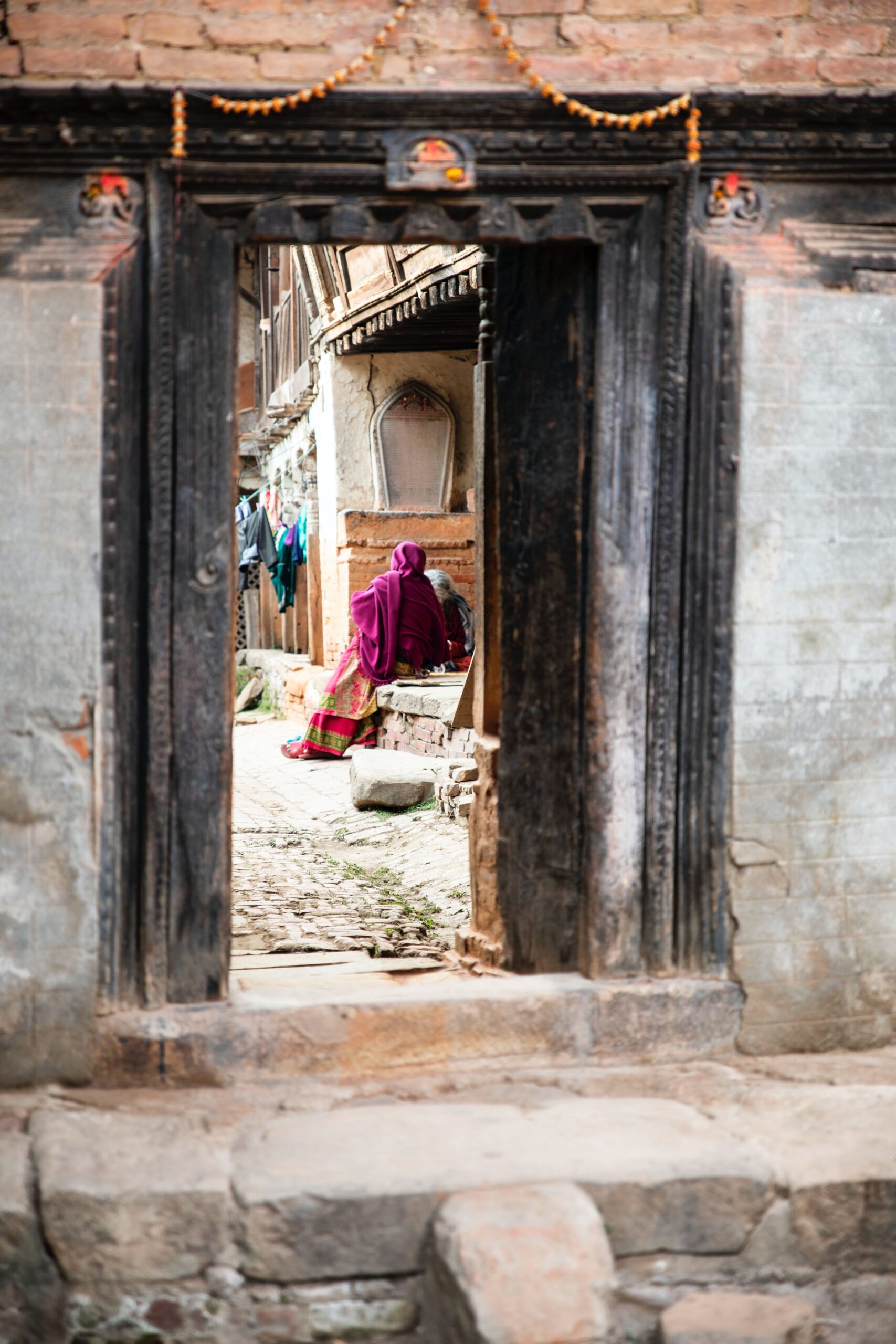
The Role of Civil Society in Monitoring Ceasefires
Civil society ceasefire monitoring can address risks to ceasefire implementation
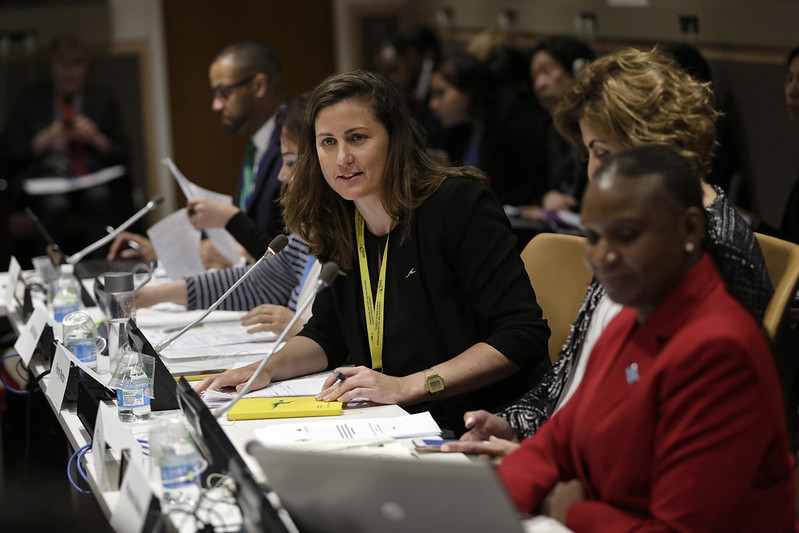
How A Feminist Ethic of Care Can Inform Feminist Foreign Policy
This analysis summarizes and reflects on the following research: Robinson, F. (2021). Feminist foreign policy as ethical foreign policy? A care ethics perspective. Journal of International Political Theory, 17(1), 20-37. Talking Points Key Insight for Informing Practice While a feminist ethic of care opens up space for attentiveness and responsiveness … Read more
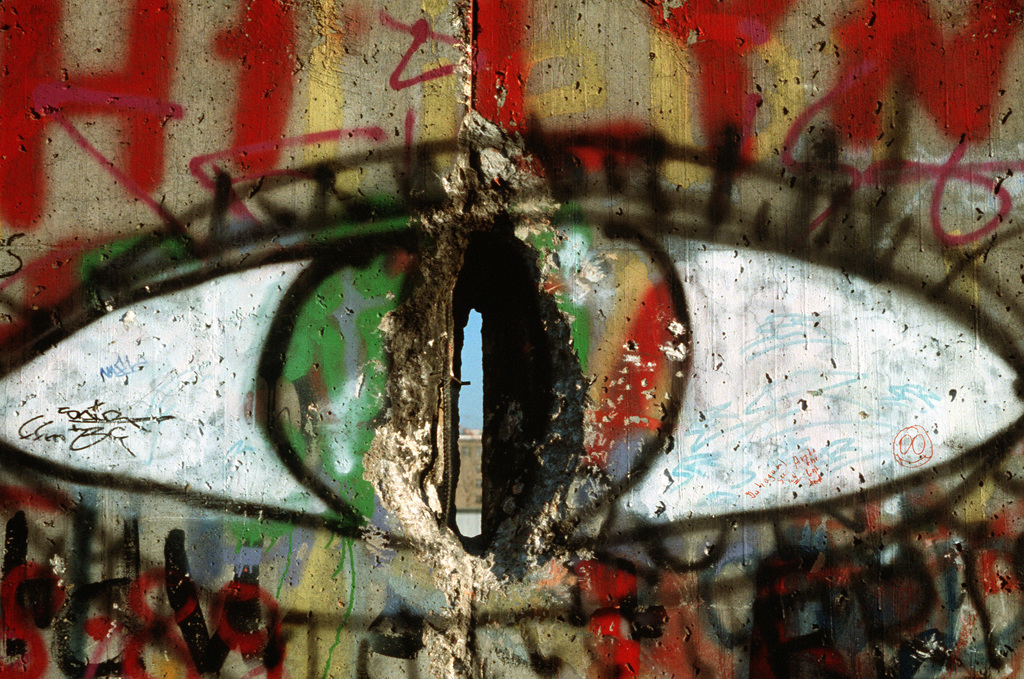
Hero-Villain Narratives Prominent in U.S. Call-to-Arms Speeches
Narratives about national security, namely those identifying specific security threats, are highly influential in generating support for military action. In studying American call-to-arms speeches, Alexandra Homolar finds that hero-villain narratives are prominent in U.S. security discourse “from Samuel Adams to Donald Trump,” and are effectively used by political leaders because of their emotional appeal to the public.
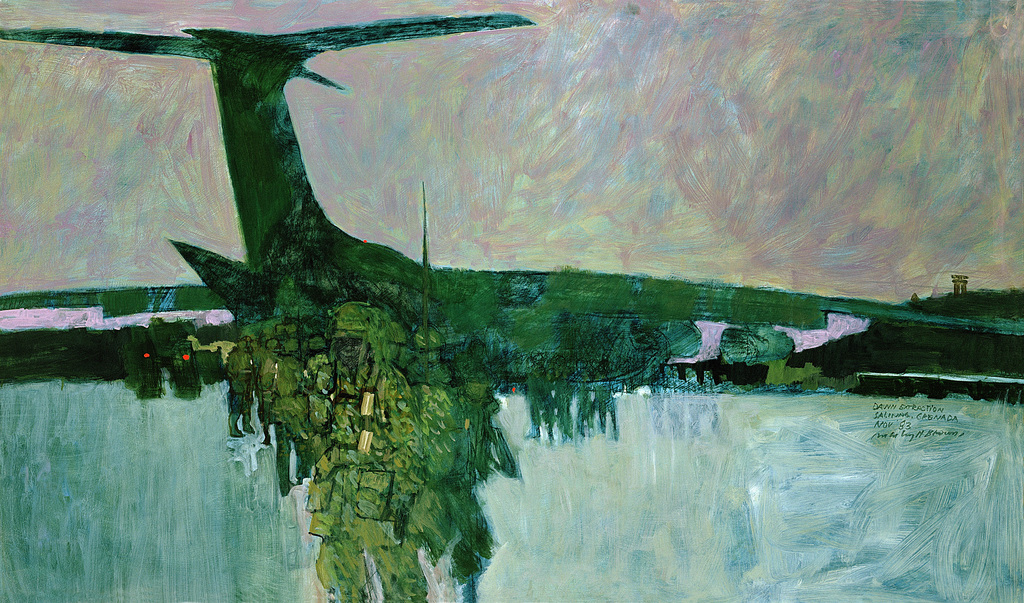
The Entanglement of Militarism and Humanitarianism Broadens the Geographies of Violence
Militarism and humanitarianism produce and justify political violence that go beyond established conflict zones or battlefields.
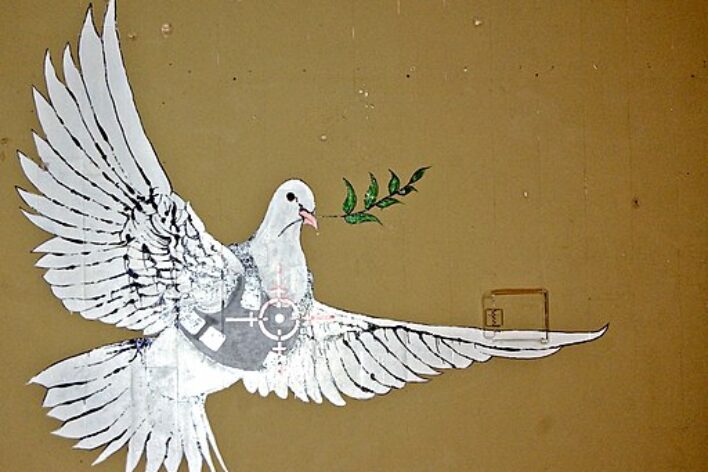
Reimagining Peace as a Rejection of a Militarized Status Quo
Feminist and queer perspectives on peace challenge binary ways of thinking about peace, thereby contributing to a reimagination of what peace means.
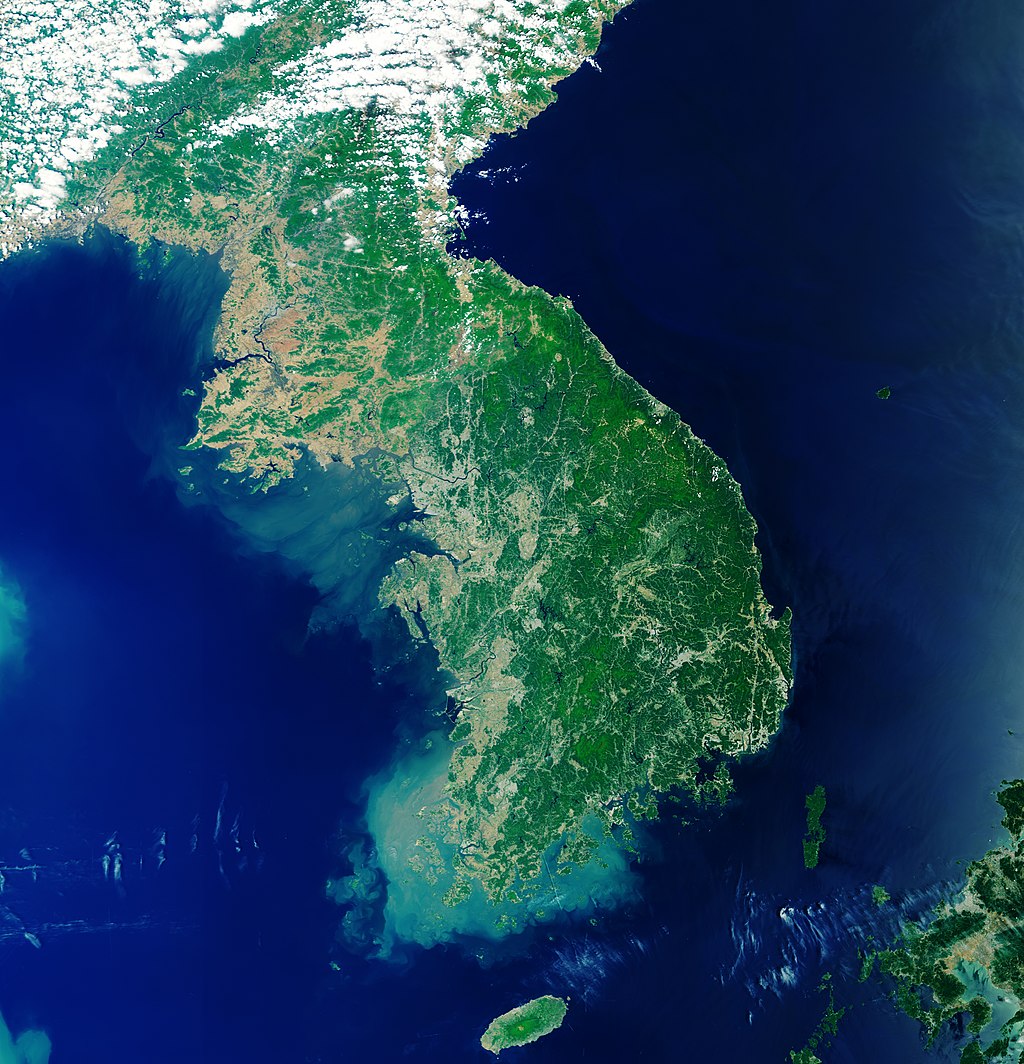
How (Invisible) Racism Shapes U.S.-South Korea Military Relations
As a project of transnational militarism, the deployment of the Terminal High Altitude Area Defense System (THAAD) in South Korea demonstrates the invisible working of race and class hierarchies through othering North Korea as the “red enemy” and imposing the unequal burden of hosting the missile defense system on lower-class marginalized rural communities.

The Problem with Inclusion in Peacemaking Theory and Practice
A relational approach to peacemaking is better equipped to address underlying social and political conditions that fuel conflict.
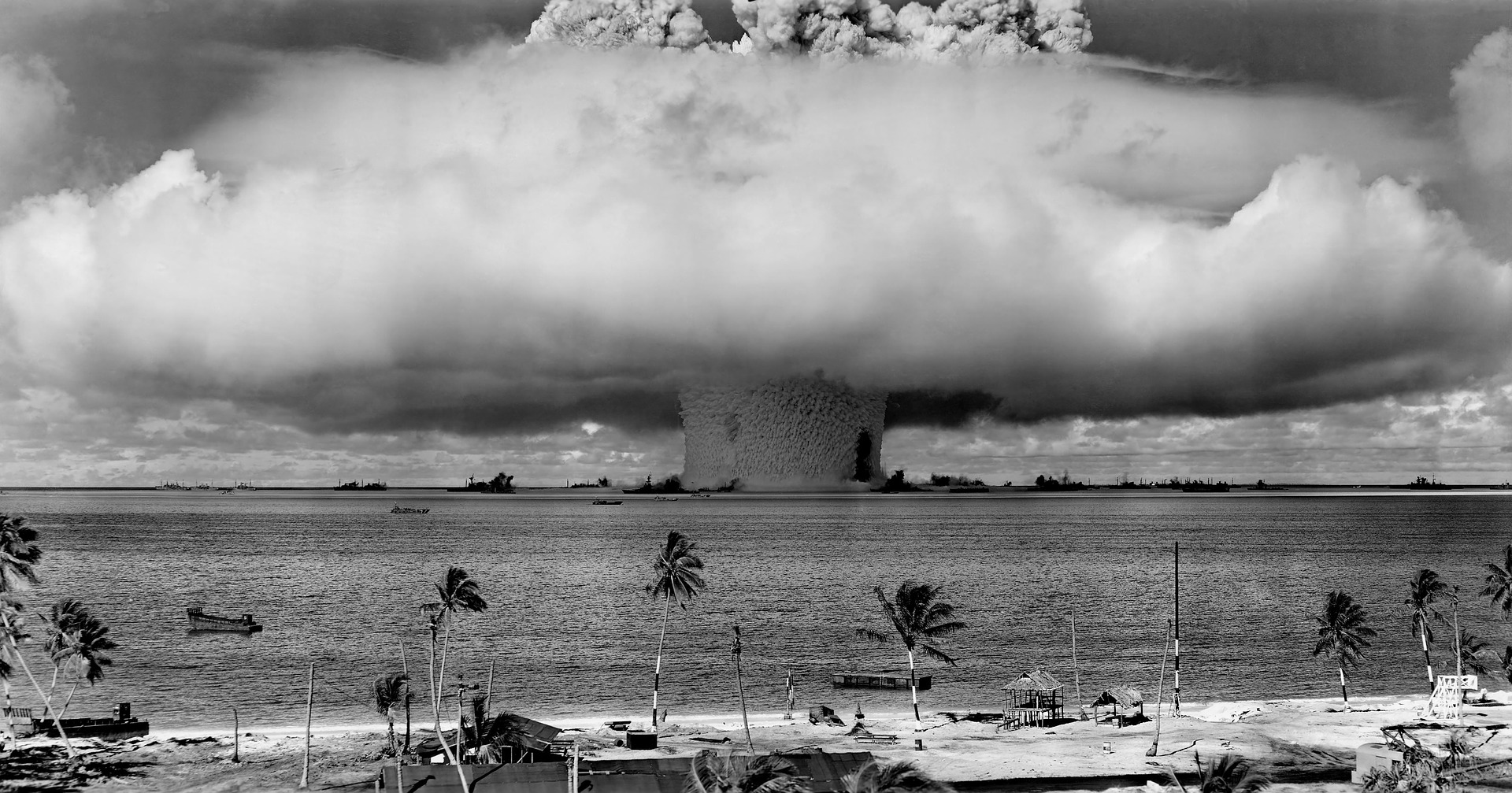
Awareness of the Specific Harm Caused by Nuclear Weapons Reduces Americans’ Support for Their Use
Vivid information about the consequences of a nuclear attack reduced Americans’ support for the use of nuclear weapons on both moral and self-interested grounds.

Racism as a Foundation of the Modern World
Race and racism, empire, and slavery are foundations of the European- and American-led contemporary world order, as demonstrated by the transatlantic slave trade, racist views held by Western philosophers, and the “standard of civilization” principle.

Protecting Civilians or Protecting the State? The Role of the Pan-African Parliament in Conflict Resolution
The PAP played an impactful role in conflict resolution in Sudan, Côte d’Ivoire, Libya, and Somalia through its internal debates, fact-finding missions, convening of various stakeholders, meetings with diplomatic representations, and periodic communications.
